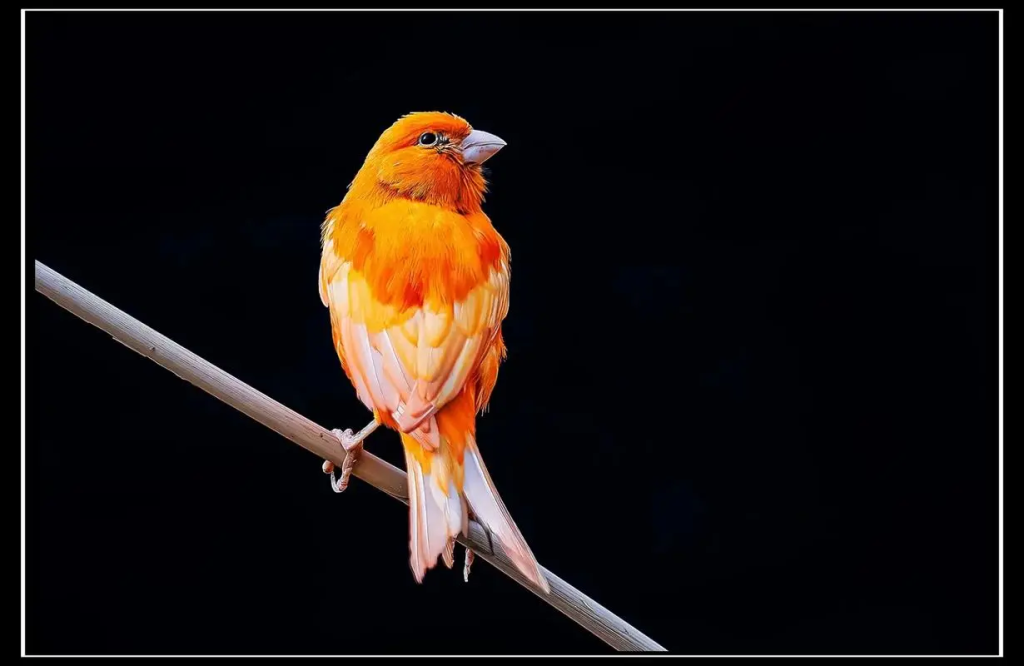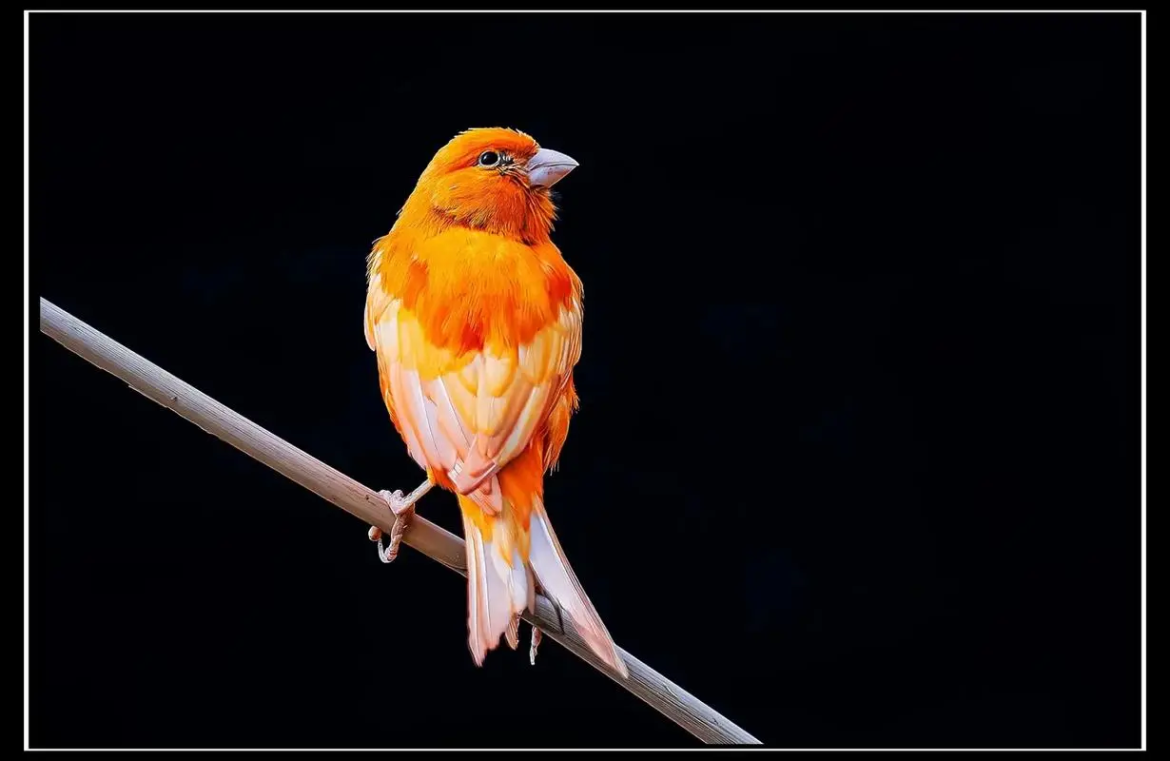
The life span of a canary is usually around 8 to 15 years.
The main factors affecting the lifespan of canaries are as follows:
I. Genetic Factors
Different breeds of canaries may have different genetic lifespan potential. Some breeds may be naturally more vigorous and have a longer life expectancy, while others may have a relatively shorter lifespan.
II. Breeding Environment
- Cage space: Providing a spacious and comfortable cage is vital to the health of the canary. Sufficient space allows the canary to move freely, stretch its wings and have moderate exercise, which helps maintain its body in good condition. If the cage is too small, the canary may feel depressed, which may affect its health and longevity in the long run.
- Temperature and humidity: Suitable temperature and humidity can create good living conditions for canaries. Canaries should live in a stable temperature environment. Generally speaking, 18℃ to 25℃ is the ideal temperature range. Too high or too low a temperature may adversely affect the health of the canary. For example, in hot summer, if the ambient temperature is too high, the canary may suffer from heatstroke; and in cold winter, if the temperature is too low, the canary may get cold and sick. As for humidity, it is more appropriate to keep it around 40% to 60%. Too high humidity may lead to mould growth and increase the risk of canary illness; while too low humidity may dry out the canary’s respiratory tract, which may easily lead to respiratory illness.
- Well-ventilated: Good ventilation can ensure the circulation of fresh air, expel dirty air and reduce the breeding of bacteria and viruses. If the feeding environment is poorly ventilated, harmful substances in the air will gradually accumulate, posing a threat to the health of canaries.
**3. Diet and Nutrition
- Balanced diet: Providing canaries with a balanced diet is the key to prolonging their life. The main food items for canaries include specialised canary feed, fresh vegetables and fruits, and a moderate source of protein, such as hard-boiled eggs or breadworms. Canary feeds should be chosen to be of high quality and rich in a variety of nutrients to meet the growth and developmental needs of canaries. Vegetables and fruits provide an abundance of vitamins and fibre, which help maintain a healthy digestive system in canaries. Protein intake is also very important for canaries’ feather growth and body repair, but care should be taken in moderation to avoid overfeeding leading to obesity and other problems.
- Clean water: Providing fresh, clean drinking water is vital to the health of canaries. Replace the water every day to ensure its cleanliness and avoid diseases caused by canaries drinking contaminated water.
IV. Daily Care
- Regular Cleaning: Regular cleaning of the cage and feeding environment can effectively reduce the breeding of bacteria and viruses, and lower the risk of canaries getting sick. In addition to daily cleaning of faeces and food residues, the cage should be thoroughly cleaned and disinfected on a regular basis. It can be cleaned with special pet cleaner or diluted white vinegar, then rinsed with water and dried before use.
- Health check: Regularly observe the health condition of the canary, such as its mental state, appetite and faeces. If abnormalities are found, consult your veterinarian promptly. Early detection and treatment of diseases can greatly improve the canary’s chances of recovery and prolong its life.
V. Psychological factors
- Avoid fright: Canaries are relatively timid animals and are easily frightened. You should try to avoid making sudden noises or strenuous movements in the breeding environment so as not to frighten the canary. Prolonged frightening may lead to stress reaction of canaries, which may affect their health and life span.
- Moderate companionship: Although canaries do not require as much interaction and companionship as some pets, moderate companionship can help them feel loved by their owners and contribute to their mental health. You can spend some time every day interacting with canaries, such as talking softly and singing, so that they can gradually familiarise themselves with their owner’s voice and presence.



